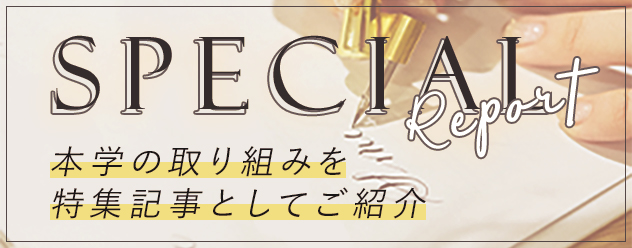



Department of Nursing Faculty of Medical Technology Teikyo University
Associate Professor
Ms. Yuko Miki?


Graduated from St. Luke's College of Nursing with a Department of Nursing degree in nursing. After working as a hospital nurse, he completed a master's program at the University of Tokyo Graduate School Graduate School of Medicine, and later completed a doctoral program. After working in various fields such as Assistant Manager, Nurse Division, Health Policy Bureau, Ministry of Health and Welfare, he took up his current position in 2018.





During her work as a nurse, Dr. Miki thought that if she was going to be involved with children in the future, it would be important to be involved not only with children but also with parents, and that it would be necessary to analyze the living environment of children. I am currently working on three themes.


In the latter half of the 1990s, as high-rise living environments progressed in earnest, mothers and children living on high-rise floors spent more time at home. It was revealed. While this tendency has decreased due to changes in society, there are new health issues such as how to deal with disasters in high-rise housing and an increase in the number of children falling.


It is often emphasized that the causes of cancer are tobacco and alcohol, but cancer patients who have nothing to do with them are also lumped together, and there are many children who feel uncomfortable when their parents get cancer. Therefore, it is important to provide correct cancer education and eliminate prejudice. At Teikyo University, we are creating educational materials for elementary school students to correctly understand cancer, and we are also implementing a "Koala Café" that provides a safe place for children with family members of cancer patients.


The timing at which developmental disorders can be detected varies from childhood to adolescence to adulthood. By creating an environment in which the people around them have correct knowledge and provide support in collaboration with people in various fields such as doctors and public health nurses in medical care, childcare, education, welfare, psychology, etc. Children and their families can live their daily lives with peace of mind.


In this way, in order to keep children and their families healthy, it is essential not only to prevent them from getting sick, but also to have a stable living environment, including recognition of the surrounding environment and society, and local support systems. Developing the necessary environment for health care in society can be a common global theme for achieving the goals of the SDGs.




